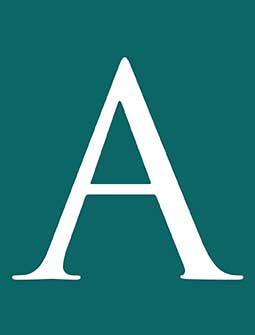
To allow employers to take immediate advantage of various credits enacted in response to the COVID-19 pandemic and to ease employers’ cash flow, the IRS is permitting eligible employers who pay qualifying wages to retain an amount of the payroll taxes equal to the amount of qualifying wages that they paid, rather than deposit them with the IRS. To make this possible, the IRS announced Tuesday it is waiving additions to tax under Sec. 6656 for failure to make a deposit of employment taxes (including withheld income taxes, taxes under the Federal Insurance Contributions Act, and taxes under the Railroad Retirement Tax Act) related to the new credits (Notice 2020-22).
The waiver will apply to the extent that the amounts not deposited are equal to or less than the amount of refundable tax credits to which the employer is entitled under the Families First Coronavirus Response Act (Families First Act), P.L. 116-127 (the credits for qualified sick leave wages, qualified family leave wages, and qualified health plan expenses allocable to qualified leave wages) and under the Coronavirus Aid, Relief, and Economic Security Act (CARES) Act, P.L.116-36 (the credit for qualified employee retention wages).
The waiver will also apply to deposits of employment taxes reduced in anticipation of the credits for qualified sick leave wages, qualified family leave wages, and qualified health plan expenses paid beginning April 1, 2020, and ending Dec. 31, 2020, and deposits of employment taxes reduced in anticipation of the credits for qualified retention wages paid for the period beginning on March 13, 2020, and ending Dec. 31, 2020.
This relief ensures that such employers may pay qualified sick leave wages and qualified family leave wages required by the Families First Act or wages that qualify under the CARES Act as employee retention credit wages using employment taxes that would otherwise be required to be deposited without incurring a failure-to-deposit penalty.
For more news and reporting on the coronavirus and how CPAs can handle challenges related to the outbreak, visit the JofA’s coronavirus resources page.
— Sally P. Schreiber, J.D., (Sally.Schreiber@aicpa-cima.com) is a Tax Adviser senior editor.
Leave a Reply